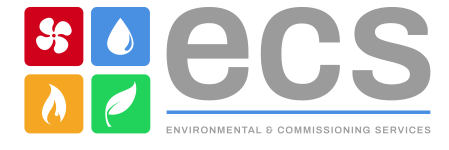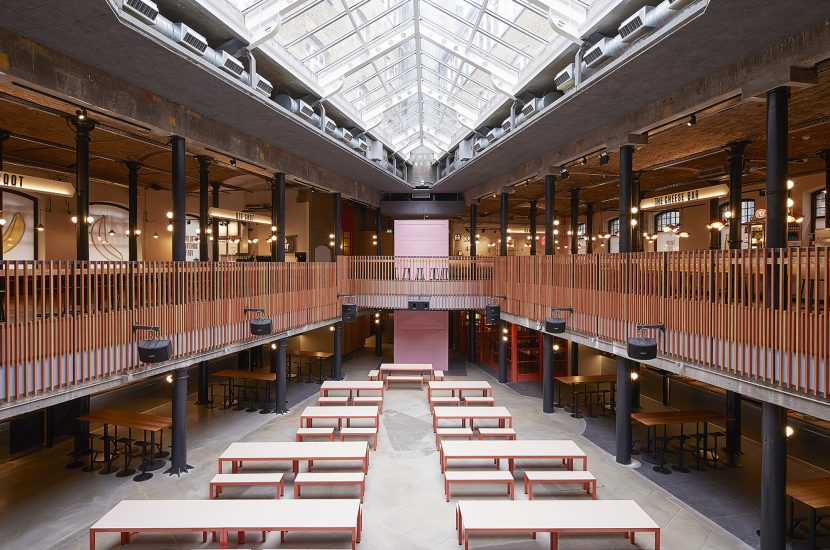The majority of issues that HVAC systems face are caused by a lack of maintenance. For that reason, it’s important that maintenance of your system isn’t neglected. Service checks help to extend the service life of your HVAC system. Components of your system such as filters, coils and fins all require maintenance to ensure they are operating as they should be.
HVAC systems are complex and require maintenance to keep them working as efficiently as possible. Taking time to understand how HVAC systems work will underline just how important it is to set up a regular servicing schedule.
How often should HVAC systems be serviced?
Ideally, your HVAC system should be serviced at least twice a year. Some systems, particularly as they age, may require more regular maintenance visits.
As with any kind of complex machinery, the amount of servicing required will depend on a number of different factors. The type of system that has been installed, its age and usage will all be factors. As too will aspects of your own building. If its use or layout has changed, then more significant attention may be needed to ensure your system is still fit-for-purpose.
Servicing and maintenance will identify any issues before they have the chance to become a significant problem
What happens if you don’t have your HVAC system serviced regularly enough?
Neglecting maintenance appointments guarantees a decrease in the performance and lifespan of your HVAC system. Airflow can become restricted, which, in turn, creates extra pressure on your system. This can drive up energy consumption, and the problem can get worse over time.
Air filters that become clogged and dirty will block normal airflow, causing residue to settle on the evaporator coil. This directly dampens heat absorption and shortens the service life of your HVAC system.
An unmaintained system is unlikely to provide efficient temperature regulation. It will also become less effective at conditioning air, meaning that the air it expels into your building will be dirtier and potentially smellier. This can make for an unpleasant environment and may even lead to health issues.
What will be checked during HVAC servicing?
HVAC servicing covers a comprehensive overview of the system’s operation. It will usually include checks of:
- Electrical controls
- Thermostats
- Control panel operational checks
- Safety and limiting components
- Dampers and actuators
- Fans
- Filers
- Heaters
- Humidifiers
- Evaporators
- Refrigeration systems
- Condensers
- Flow switches

The overall operation of the system will be assessed and any remedial work required will be carried out. Larger tasks that may need attention will be identified and can be scheduled for repair.
Why is HVAC system servicing important?
Regular maintenance and servicing of your HVAC system will ensure that it remains energy efficient. It will also ensure that you can depend on your system when you need it most, reducing the risk of downtime or the need for significant repairs. Ultimately, regular servicing can save you money.
When thorough maintenance and servicing by a qualified engineer is neglected, your HVAC system is liable to lose around 5% of its overall efficiency year-on-year – this represents a significant loss of function. This can drive up your monthly energy costs by as much as 25% over time and increases the likelihood of the system failing. When this happens, putting it right can be a highly costly and disruptive exercise.
As commercial heating and cooling systems are complex, with components that are put under significant stress on a daily basis, regular maintenance checks can lengthen their service life considerably.
What can you do between service visits?
There are a number of steps that building owners and managers can do to ensure that their HVAC systems are working as effectively as possible between scheduled service visits. These include:
Replacing HVAC Filters
Cleaning or replacing the filters of an AC unit is the most crucial task in maintaining the optimal efficiency of the system. In a relatively clean commercial environment such as an office building, this will usually be done on a quarterly basis. Filters in a dry, clean setting will usually run at peak efficiency for around three months.
In factories, restaurants or other establishments where dirt and grease are generated, HVAC filters will need to be replaced more frequently. Chemical byproducts and debris from dirty production processes can quickly clog your HVAC filter. This will prevent air from flowing and place greater strain on your system, increasing the chances of system burnout.
Cleaning the air conditioning coils and fins
The air conditioning coils will usually be cleaned during regular servicing and maintenance but in dirty environments, more regular cleaning may be necessary. Over time, HVAC systems collect dirt and grime reducing their performance. Clean filters prevent the evaporator coil from collecting dirt, but condenser coils are always prone to dirt build-up.
How coils are cleaned will depend on the system and your maintenance engineer will be able to advise how to carry it out and how often it should be done.
As with the coils, debris can accumulate within the aluminium fins. This can lead to them becoming blocked or bending and may lead to a decrease in the performance and efficiency of the system over time.
Condensate drains
The condensate drains of an HVAC system can become clogged, reducing the system’s capacity to reduce humidity. The drain system should be checked regularly, with any rogue blockages removed.
Regular maintenance from ECS
At ECS, we can carry out regular maintenance for your HVAC system. It ensures that your HVAC system operates efficiently and reduces the risk of expensive repairs and downtime.
Setting up a maintenance schedule is a simple way to get the best results from your HVAC system.
Call 01535 600688 or email info@ecs-commissioning.co.uk to find out more.

